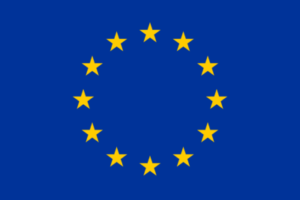
Meliora Project
On June 16–17, the MELIORA partners gathered once more—this time in beautiful Stockholm at Karolinska Institutet—for our 2nd Consortium Meeting. More than just a meeting, it marked a meaningful step forward in our shared mission to promote healthier lives through AI-powered lifestyle interventions for breast cancer prevention and care.
Researchers, clinicians, developers, communicators, and patient advocates came together with one vision: connecting innovation with real-life impact.
What Did We Cover?
The agenda was packed with insights and updates—from technical progress and user testing to educational content creation, evaluation planning, and stakeholder engagement. Some of the highlights included:
- Data Collection Campaigns (DCCs): Real-life testing of the MELIORA app is well underway across four countries.
- Educational Content: Multilingual, patient-informed modules on physical activity, healthy eating, alcohol, and smoking, designed for accessibility and impact.
- Collaboration with iBeCHANGE & SUNRISE: As part of the “Prevention & Early Detection – Behavioural Change” cluster, we’re strengthening synergies to scale our shared impact across Europe.
What’s Next?
We’re entering a pivotal phase: randomised controlled trials will soon begin in four countries to evaluate the effectiveness of MELIORA for women at risk of breast cancer, patients, and survivors.
Meanwhile, our dissemination and policy engagement efforts are gaining momentum, with a clear strategy to ensure MELIORA’s tools and insights reach those who need them most.
Stay with Us!
Thank you for your continued support and belief in our mission! MELIORA is now moving from design to delivery—bridging science, technology, and community for a healthier, more empowered future for women across Europe.

Funded by the
European Union
This project is funded by the Horizon Europe programme of the European Union under the Grant Agreement number 101136791. However, the content of this website reflects the opinion of its authors and does not in any way represent the opinions of the European Union. European Commission is not responsible for any use that may be made of the information the website contains.